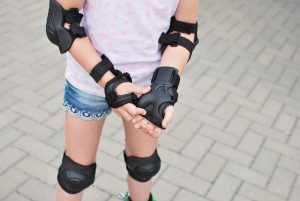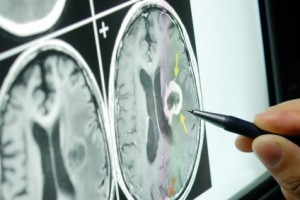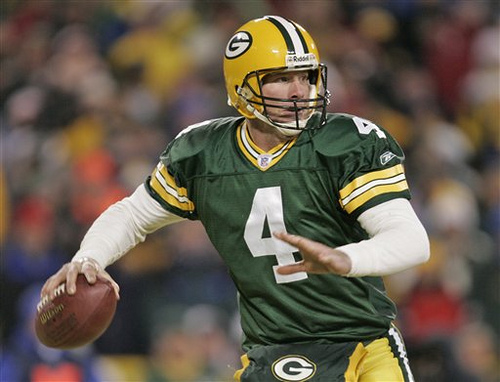 Concussions and other head injuries can lead to serious difficulties if undetected or ignored. A concussion is not a minor injury, but rather a traumatic brain injury (TBI).
Concussions and other head injuries can lead to serious difficulties if undetected or ignored. A concussion is not a minor injury, but rather a traumatic brain injury (TBI).
Concussions: Never Miss the Red Flags
Only doctors can determine the severity of a concussion. Never assume it is minor when dealing with head injuries. If there is any question as to whether someone has a concussion or not, it is better to be safe than sorry.
Symptoms of Concussions:
- Nausea and vomiting
- Memory loss or blackouts
- Impaired speech
- Blurred or fuzzy vision
- Dizziness
- Trouble concentrating or focusing
- Sleep problems
Tips for Avoiding Head Injuries
Avoiding head injuries seems easy, however, not everyone knows the best practices in ensuring their safety.
General Tips:
- It is common knowledge that driving while impaired is a bad idea. However, it is also dangerous to be a passenger when someone is driving under the influence of drugs or alcohol.
- Keeping firearms under lock and key is a safe practice to avoid any injury. But, it is also important to avoid head injuries.
- Wear seatbelts at all time. A driver and passengers in any moving vehicle should wear protective belts at all times.
- Trips and falls are the most common ways people suffer from brain injuries. Remove hazards like loose rugs, electrical cords, and scattered toys. Window guards and safety gates are the best practices to keep a safe home. Hand rails and bars are ideal additions for people who are frail, elderly, or have a disability.
- Obey traffic signals when driving, walking, and cycling.
The American Society for Testing and Materials recommends that protective headgear is a requirement for specific sports 100 percent of the time.
Sports that require safety apparel, gear, helmets, or headgear at all times:
- Ice and street hockey
- Cycling and biking
- Horseback riding
- Skateboarding, roller skating, and rollerblading
- Skiing and snowboarding
- Football
- Wrestling
- Baseball and softball while batting
- Recreational vehicles
Additional sports that should utilize safety equipment are martial arts, soccer, and pole vaulting.
Other sports tips:
- Safety checks on sports fields, equipment, and playgrounds
- Do not play sports when sick or tired
- Follow the rules at pools and water parks
- Do not dive into water that is less than nine feet deep, including pools and waterways
- Do not wear loose or unsafe clothing while partaking in physical activity
- Remain on flat surfaces when cycling and skateboarding
- Supervise all minors at all time, especially when participating in sports
The Journey to Recovery and Rehabilitation
Whether a minor or severe concussion, rest is the most important aspect of taking the first steps in recovery. Avoiding physical activity is a must if only to avoid further head injury by accident. Take your time during recovery. Do not rush the process.
In case of severe concussions, various therapies and doctor checkups are a requirement. Feeling better is not a reason to miss a scheduled appointment or follow-up.
Safety first is crucial to avoid head injuries and concussions. Following simple tips and professional recommendations provides the safeguard to suffering long-term consequences of head trauma.
If you experience a concussion or other TBI, reach out to the team at TryMunity. Join a national community of TBI survivors, caretakers, family, and friends at community.trymunity.com.


 We know how incredibly difficult that
We know how incredibly difficult that  TryMunity understands that parents have a difficult time talking to children about complex health concerns. Children understand what they can immediately see and feel. This makes discussing subjects such as
TryMunity understands that parents have a difficult time talking to children about complex health concerns. Children understand what they can immediately see and feel. This makes discussing subjects such as  Most people would agree that the human brain is one of the most important organs in the body. It is the brain that gives each person his or her own unique personality as well as controls how the rest of the body functions. When a person experiences a
Most people would agree that the human brain is one of the most important organs in the body. It is the brain that gives each person his or her own unique personality as well as controls how the rest of the body functions. When a person experiences a 


